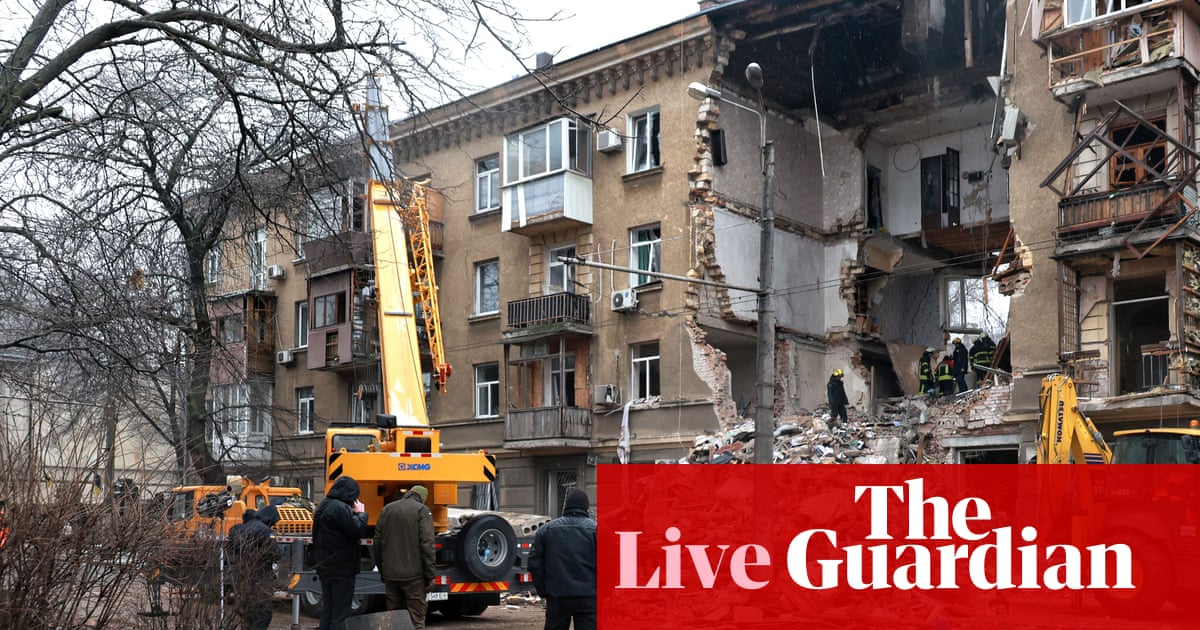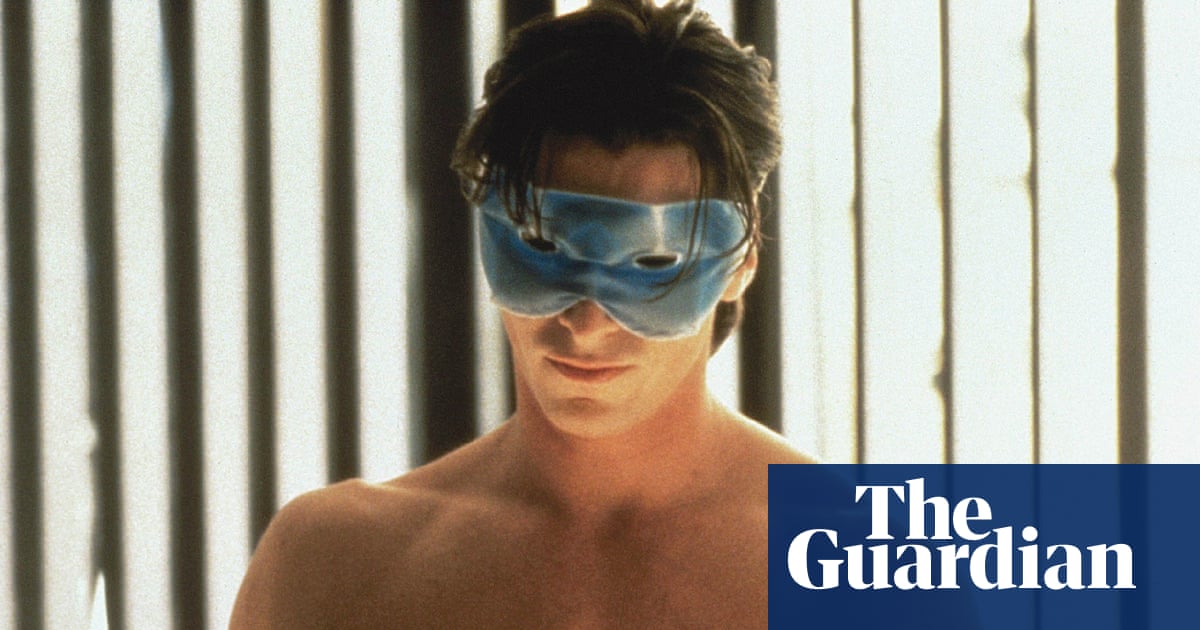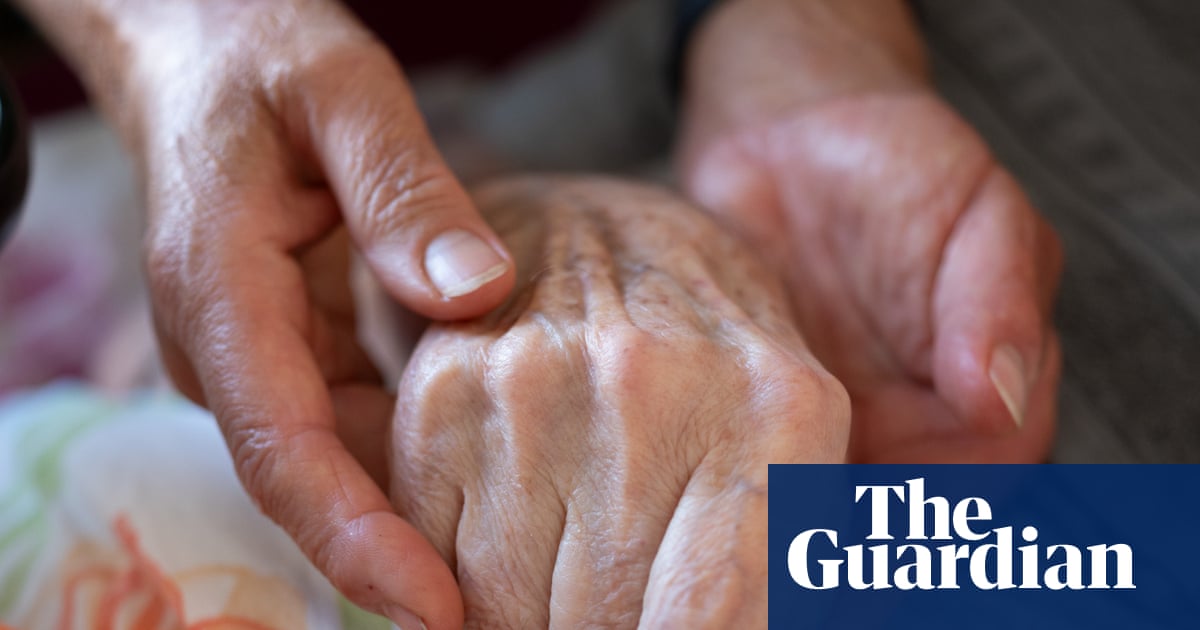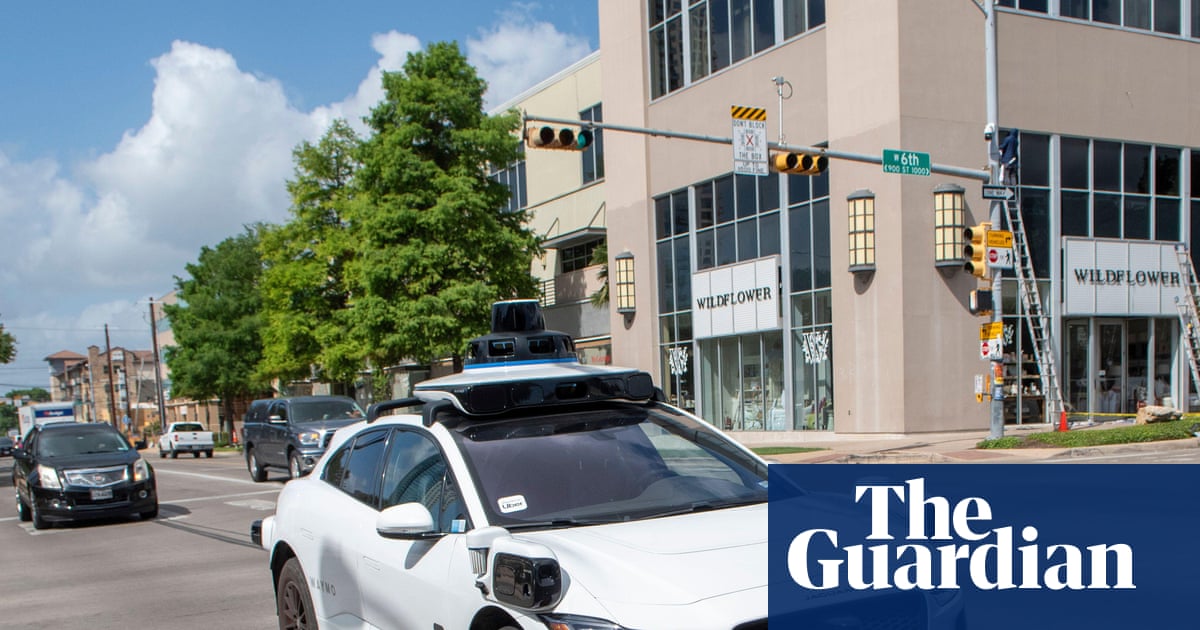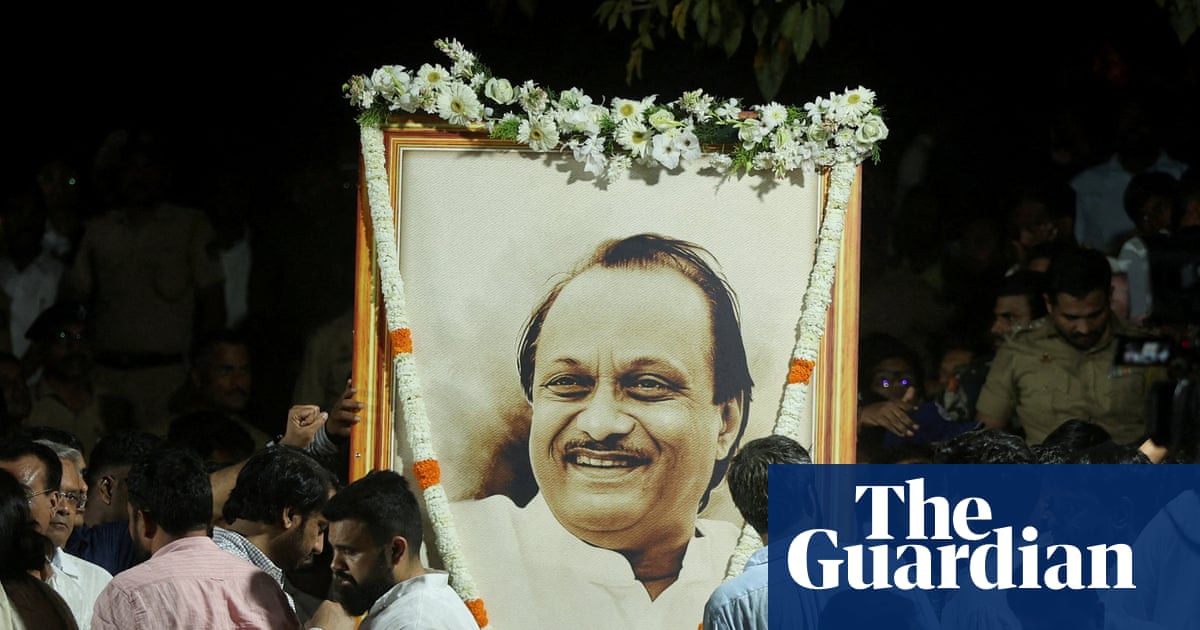Loud conversations, whistles and, when all else fails, a plastic bottle are among the precautions authorities in Japan are urging people to take to counter a surge in bear attacks.
It was a bell that Billy Halloran had to hand during a confrontation in the foothills of Myoko, northern Japan, last month. The 32-year-old New Zealander was settling into an 8km run when he spotted two Asiatic black bears about 30 metres ahead.
“I was quite startled, and was like ‘crap’ I’ll turn around,” Halloran says. “One of the bears made a bit of an approach towards me … I made myself pretty big and loud and tall, and the bear was quite aggressive, making noise.”
Sensing that the bear was about to charge, and with the sound of the bell drowned out by a nearby roaring river, Halloran raised his right arm to shield his head.
“It knocked me to the ground and bit my arm – in that one bite it was broken,” he says. “It let go of my arm and had a good go at my leg, scratching it.”
Halloran lived to tell the tale, but others have not been as fortunate, as Japan confronts an outbreak of ursine menace that experts are attributing to worsening social and environmental crises.

Data show that encounters between bears and humans are no longer a rarity. A record 13 people have died in bear attacks in Japan this year – more than double the previous high – and more than a 100 have been injured, according to the environment ministry. About 20,000 bear sightings were reported nationwide between April and September, about 7,000 more than in the same period in 2024.
Akita, a mountainous northern prefecture, has reported attacks on 60 people this year – four of which were fatal – prompting its “desperate” governor, Kenta Suzuki, to ask for help from the self-defence forces. This week 15 soldiers were deployed to the region, where they will help set traps and transport licensed hunters. They will not, however, shoot the animals themselves.
In Akita, more than two-thirds of the attacks this year occurred in residential areas. Last weekend a 79-year-old local woman who went foraging for mushrooms was found dead in an apparent bear attack. Another older woman in Akita is thought to have been mauled to death by a bear as she worked on her farm last month.
Experts blame poor crops of acorns and beechnuts – shortages that have been linked to the climate crisis – which form the bulk of the animals’ diet, while natural boundaries, called satoyama, that once separated forests and built-up areas have been blurred by decades of rural depopulation. Faced with food shortages, the animals are venturing further out of their natural habitat and into residential areas, where they have acquired a taste for persimmons and chestnuts.

As a result, bears have been spotted in homes and supermarkets, and near schools and railway stations.
Officials and media are issuing advice to hikers and other people living in areas with significant bear populations on what to do if attacked.
Survival tips range from lying face down and protecting one’s head and neck, carrying a bell or repellant spray, and venturing out in groups. The government has urged children to carry an empty plastic bottle on their way to and from school, claiming bears are scared of the sound it makes when scrunched up.
It has been several years since Jeff Kingston and his two dogs were confronted by a bear during a walk in the woods in Gunma prefecture north-west of Tokyo. But he still shudders when he thinks about what might have happened.
“We were on a narrow trail when a bear jumped out of the woods and charged at me,” he says. Before Kingston could react, the animal had struck him on the head, drawing blood and knocking him to the ground.
“As it tried to slash me, the underbrush deflected the blows to my shoulders and arms. That was when Goro and Rhubarb, my shiba inu, managed to drive it away. It was scary, and very painful.”
Kingston, a Tokyo-based university professor, escaped with gashes to his head. Swathed in bandages after a visit to hospital, he treated his canine heroes to a steak. “Without them I would have ended up hospitalised, or even dead. Now I never venture into the woods between June and November.”
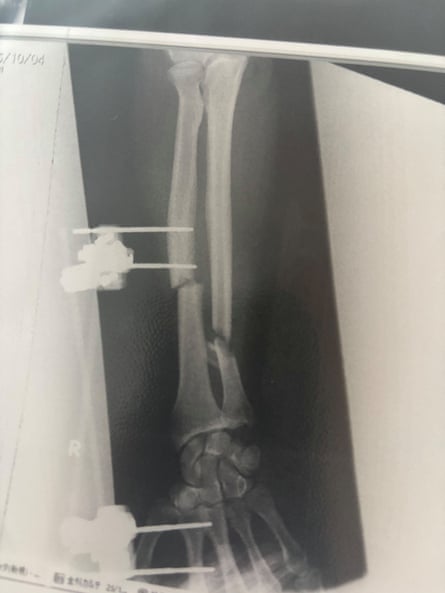
Japan’s bear population – Ussuri brown bears in the northernmost prefecture of Hokkaido and Asiatic black bears in much of the rest of the country – has exploded in recent decades. Black bears can weigh up to 130kg (287 pounds) and brown bears as much as 400kg. Attacks peak in October and November, when the animals forage for food before going into hibernation.
The government will release a package of emergency measures later this month that could include hiring more hunters to reinforce the dwindling, ageing population of sharp shooters.
In September, the government relaxed gun rules to make it easier for hunters to shoot bears in urban areas, while authorities in Gifu prefecture – another hotspot – will start using drones to emit the sounds of fireworks and barking dogs in an attempt to drive the animals away from residential areas.
The reign of terror will pause when the animals go into hibernation during the winter months, but officials are bracing for more attacks and disruption next year.
“People living here feel in danger every day,” Shinji Sasamoto, the mayor of Kazuno says this week after welcoming troops to his hot-spring town in Akita. “It has affected how people live their lives, forcing them to stop going out or cancel events.”
For New Zealander Billy Halloran, the attack only ended when the bear suddenly backed away. It was then that he looked at his injured arm. “It was way out of shape,” he says.
“I just turned around and started running back the other way, got my phone out and called my wife.”
After a 40-minute drive, with no pain relief, Halloran was admitted to hospital, where he underwent emergency surgery to reconstruct his arm. One bone had been snapped in half, and the other broken into two segments.
“The doctors were impressed,” he says. “It was quite shocking to them.”

 2 months ago
50
2 months ago
50
